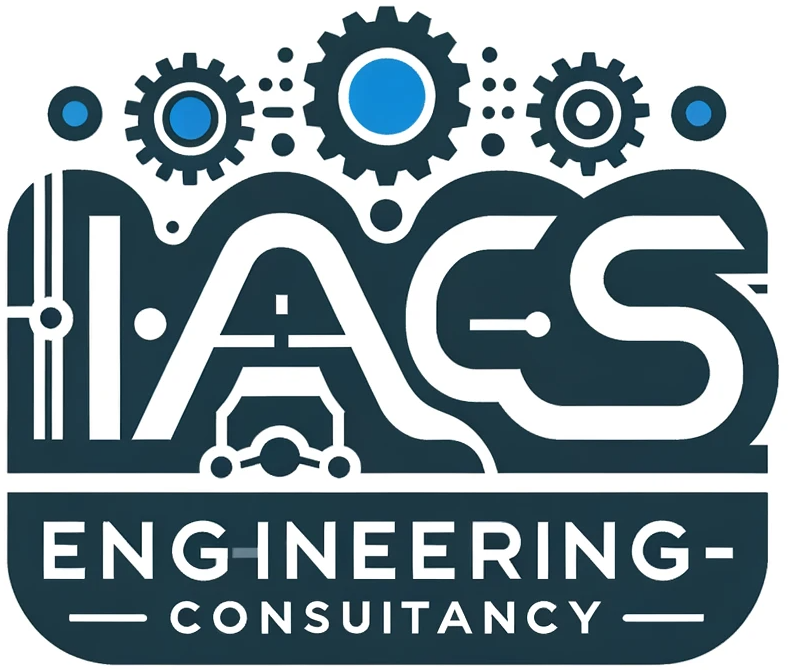Brief Research Overview on Practical PID (Proportional-Integral-Derivative) Controller Tuning Methods:
The research overview on practical PID (Proportional-Integral-Derivative) Controller Tuning Methods or approaches reveals a variety of methodologies aimed at optimizing PID controller performance for different applications. These approaches range from traditional tuning rules to advanced algorithms incorporating machine learning and optimization techniques. Here’s a synthesis of the key findings from the literature:
- Development of Intelligent Tools for PID Tuning: Traditional methods of PID tuning, such as trial-and-error, can be time-consuming and may not achieve optimal results. The development of intelligent tools, including software that incorporates system identification and advanced tuning algorithms, aims to automate the PID design and tuning process. These tools facilitate the achievement of multiple objectives, such as transient performance improvement and stability enhancement, leading to the standardization and modularization of PID control (Ang, Chong, & Li, 2005).
- Automated Online Tuning Using Learning Automata: The performance of PID controllers, even those tuned using standard methods like Ziegler–Nichols, can be significantly enhanced through automated online tuning. Continuous Action Reinforcement Learning Automata (CARLA) has been utilized for online, real-time tuning of PID parameters, demonstrating marked performance benefits in applications such as engine idle-speed control (Howell & Best, 2000).
- Generalized Forced Oscillation Method for PID Tuning: A methodology akin to the Ziegler-Nichols forced oscillation method but applicable to a broader class of plants. This approach uses a relay with adjustable phase (RAP) in a feedback experiment to generalize the tuning process, showing potential for automation and application in industrial settings (Lorenzini et al., 2019).
- Genetic Algorithm-Based PID Tuning: A method that employs genetic algorithms for the design of PID controllers by establishing a relationship between controller parameters and process dynamics. This approach offers a systematic way to assess and ensure the PID controller’s performance, contributing to the development of autotuners (Shen, 2002).
- Reinforcement Learning for Autonomous PID Tuning: Integrating advancements in computer science with control theory, reinforcement learning has been applied to PID tuning to address the variability in operational conditions and process uncertainties. This approach allows for efficient adaptation to real process dynamics, highlighting the potential for minimizing training time and wear on actual processes (Dogru et al., 2022).
- Relay Feedback and Auto-tuning Techniques: The Astrom–Hagglund PID relay auto-tuner represents a robust and simple auto-tuning technique, with recent developments extending its application through improved process dynamics identification. This has led to better PID tuning and the capability to tune advanced and multivariable controllers (Hang, Åström, & Wang, 2002).
In conclusion, the landscape of PID controller tuning is evolving, with a clear trend towards automation and the use of advanced algorithms to achieve better control performance across a variety of applications. The integration of machine learning techniques and the development of intelligent tuning tools are particularly notable, offering the potential to significantly simplify and improve the tuning process.
Optimize your Industrial Process with our Expert PID Tuning Services
Unlock the full potential of your industrial systems with our cutting-edge PID tuning services. Our team of seasoned engineers specializes in optimizing control loops, focusing on reducing overshoot, enhancing stability, and minimizing settling time to improve your operational efficiency.
Your Data Submission:
To tailor our tuning strategies to your specific needs, we begin with a comprehensive analysis of your system’s dynamics. Submit your control loop data in CSV or Excel format, and our experts will meticulously assess your process gain, time constant, dead time, as well as identify any non-linearities or constraints that may affect performance.
You’ll need to provide us with:
- SP (Set Point): The desired target values for the Process Variable (PV).
- PV (Process Variable): Time series data of the PV, captured in response to a step or impulse change in SP (preferably in CSV format).
- CV (Control Variable): Corresponding time series data of the controller output (also preferably in CSV format).
Our Deliverable: Optimized PID Parameters:
Leveraging advanced tuning methodologies such as Ziegler-Nichols, Cohen-Coon, and Lambda Tuning, our engineers will compute the optimal or near-optimal PID parameters (Proportional, Integral, Derivative values). These tailored adjustments are designed to significantly enhance your system’s responsiveness and stability.
Pricing:
We are committed to delivering exceptional value at a competitive price. Our comprehensive PID tuning service for a single element loop is currently available at a promotional rate of USD 100. This fixed price package is accessible to clients worldwide, with payment conveniently made via wire transfer at the time of data submission.
